Business Ultraportable Laptops
Time was that choosing an ultraportable notebook for business meant sacrificing on performance and features, but no more. Jim Martin put eight ultraportable notebooks through their paces

In its graphite and silver chassis, the Toshiba is every bit the serious businessman's notebook. There's no red lid or multimedia software as with the Samsung, the U200 simply gets down to work.
It's one of the chubbier ultraportables on test, weighing in at 1.9kg and with similar dimensions to the Q35. The wider screen bezel accounts for the extra depth, but there's a similar 12.1in glossy TFT. The glossy surface is a slightly odd choice for a business notebook, but the 1,280 x 800 resolution is welcome compared to the Lenovo's 1,024 x 768.
The panel itself is more than bright enough and has relatively good viewing angles. Unusually, the notebook hinges on the screen, rather than the other way around and it only tilts back around 130 degrees - a potentially awkward feature if you want to use a notebook stand with the screen at 180 degrees.
There's no shortage of processing grunt under the hood; the Core Duo T2400 and 1GB of RAM saw to a score of 1.02 in our Office application benchmark. Only the Samsung was appreciably quicker. The Q35 bests the U200 where hard disk space is concerned, although Toshiba is still generous with 75GB of usable capacity.
A dual-layer DVD writer is built in along with Bluetooth, Wi-Fi, a modem and 10/100 Ethernet. Three USB 2 ports are accompanied by mini-FireWire, a PC Card slot, a card reader, headphone and microphone sockets plus a VGA output. One port missing is a docking station interface; there's only an optional USB port replicator, which doesn't have any video outputs.
However, the U200 takes security more seriously as there's a fingerprint reader and a hard disk sensor detects a drop and parks it to avoid damage. Plus, the keyboard is spill resistant should you have an unfortunate accident with your coffee. Still, the Dell is the most secure here with its additional TPM chip and smart card reader.
The chassis is made from magnesium alloy and feels solid enough to withstand life on the road. We like the keyboard's solid feel, but the layout isn't ideal. The Windows key is moved to the top right, while the Enter key is half height and the backslash to the right of the spacebar. All of which means more typos if you switch between a desktop and a notebook regularly.
Get the ITPro daily newsletter
Sign up today and you will receive a free copy of our Future Focus 2025 report - the leading guidance on AI, cybersecurity and other IT challenges as per 700+ senior executives
Above the keyboard is a row of shortcut buttons which let you control music or video playback in Windows Media Player. These (and the glossy screen) are the only nods at multimedia, though, and should prove handy if you're listening to music while you work. The speakers are loud enough, but the harsh, tinny sound will drive you to use the headphone socket.
Toshiba offers a slightly better warranty than Samsung - one years' collect-and-return cover. But, this is poor compared to the three-year warranties seen with other notebooks here. To make matters worse, the U200 doesn't have particularly great battery life. With heavy use, it lasted just over 90 minutes, although this can increase to over four hours if you're not working it hard.
The Samsung and HP both cost the same as the U200. The Q35 is a better choice for battery life and speed, while the HP is the best of the three thanks to its security and warranty at this price.
Verdict
Good value, but the combination of a short warranty and relatively poor battery life mean the slightly overweight Toshiba is no match for the winners.
-
 Asus ZenScreen Fold OLED MQ17QH review
Asus ZenScreen Fold OLED MQ17QH reviewReviews A stunning foldable 17.3in OLED display – but it's too expensive to be anything more than a thrilling tech demo
By Sasha Muller
-
 How the UK MoJ achieved secure networks for prisons and offices with Palo Alto Networks
How the UK MoJ achieved secure networks for prisons and offices with Palo Alto NetworksCase study Adopting zero trust is a necessity when your own users are trying to launch cyber attacks
By Rory Bathgate
-
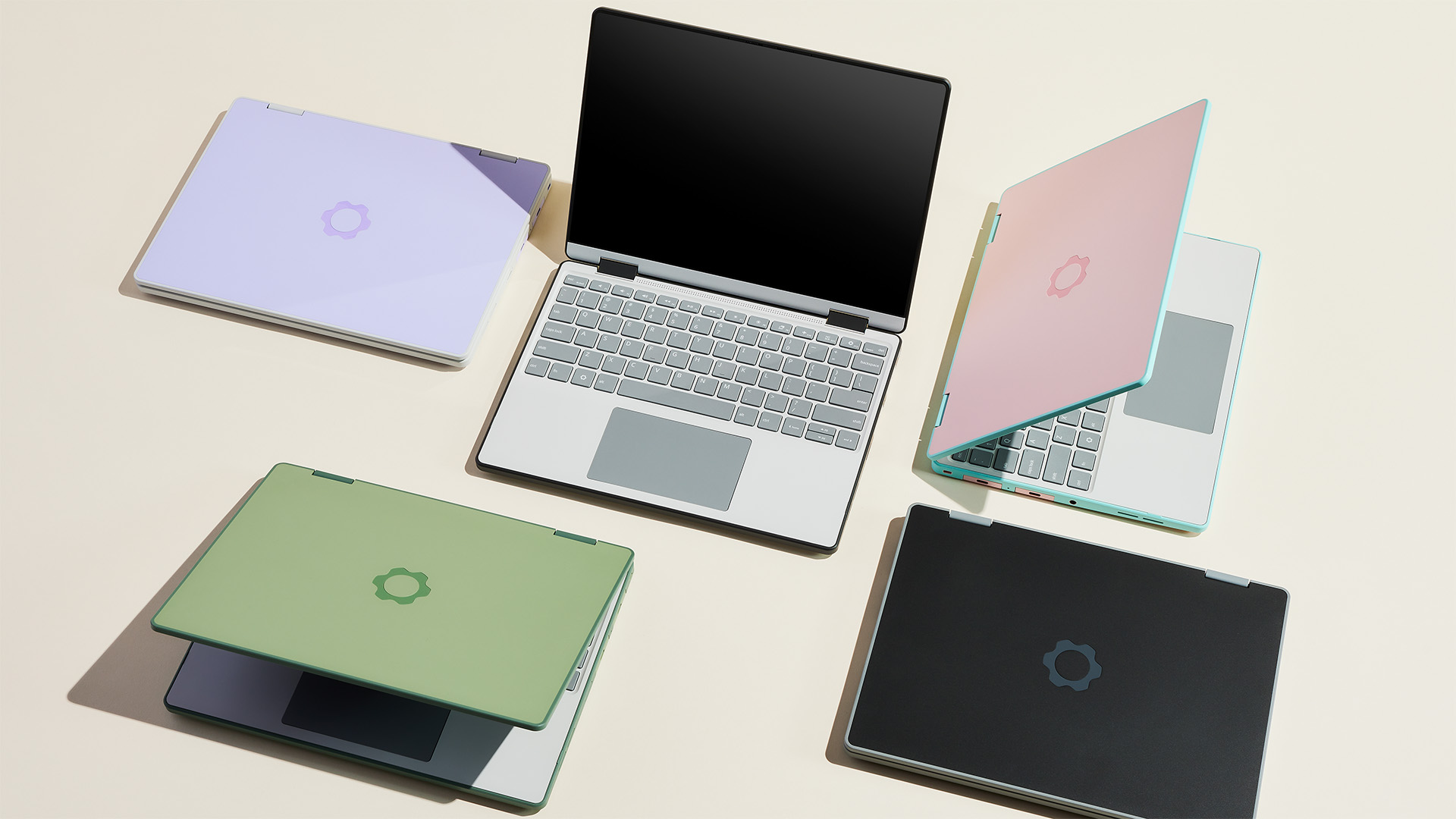 ‘We would have to sell the lowest-end SKUs at a loss’: Framework says it’s ‘temporarily pausing’ some US laptop sales amid tariff disruption
‘We would have to sell the lowest-end SKUs at a loss’: Framework says it’s ‘temporarily pausing’ some US laptop sales amid tariff disruptionNews Modular laptop designer Framework says it is “temporarily pausing US sales” in response to the disruption caused by US tariffs on Taiwanese imports.
By Ross Kelly
-
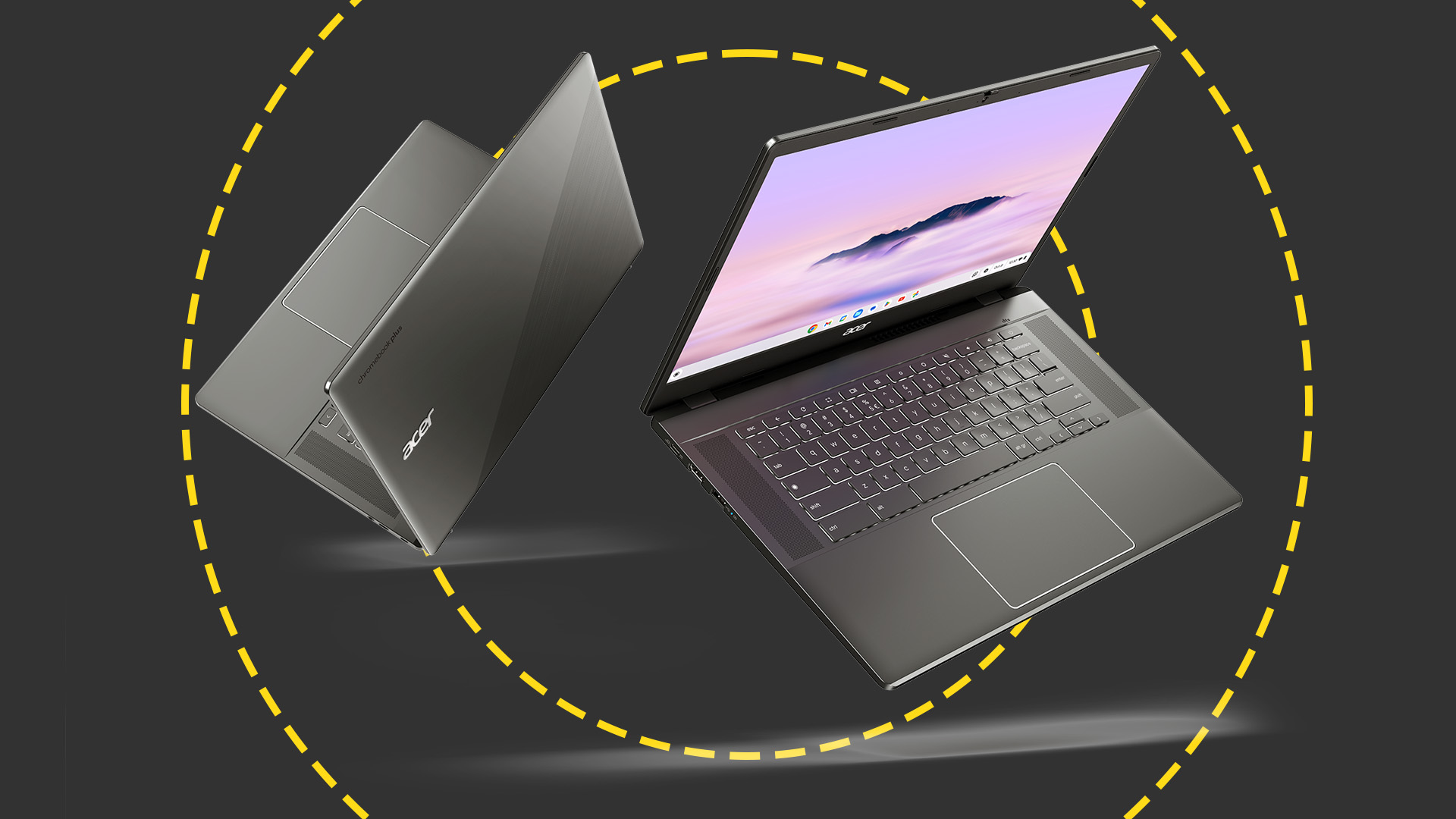 Acer Chromebook Plus 515 review: A brilliant big-screen workhorse for tight budgets
Acer Chromebook Plus 515 review: A brilliant big-screen workhorse for tight budgetsReviews Compromises have been made to stay in budget, but the Plus 515 makes sense as a hard-working, cost-conscious Chromebook
By Stuart Andrews
-
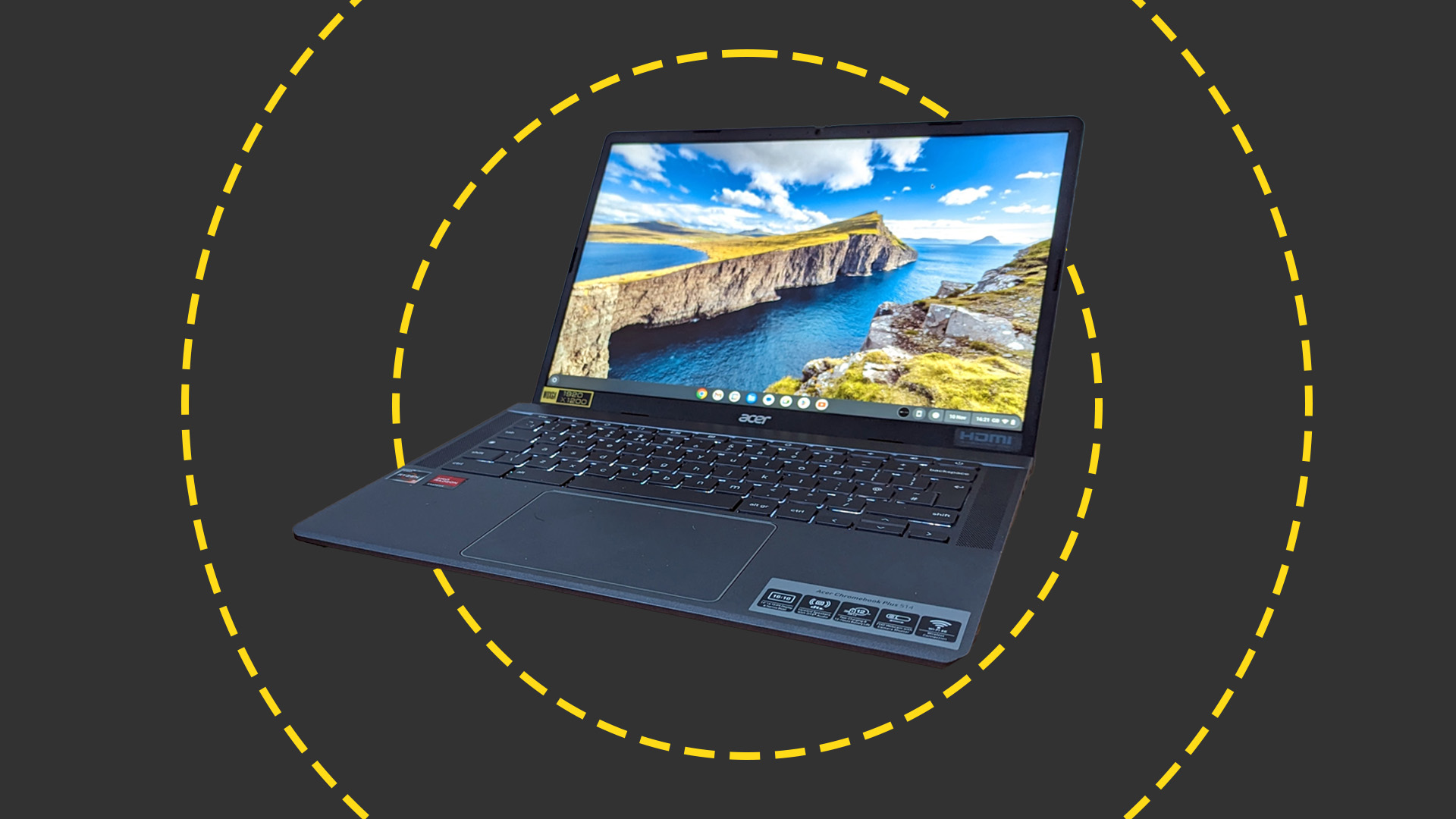 Acer Chromebook Plus 514 review: A better class of budget Chromebook for business use
Acer Chromebook Plus 514 review: A better class of budget Chromebook for business useReviews The Chromebook Plus 514 is a solid, speedy Chromebook on a limited budget
By Stuart Andrews
-
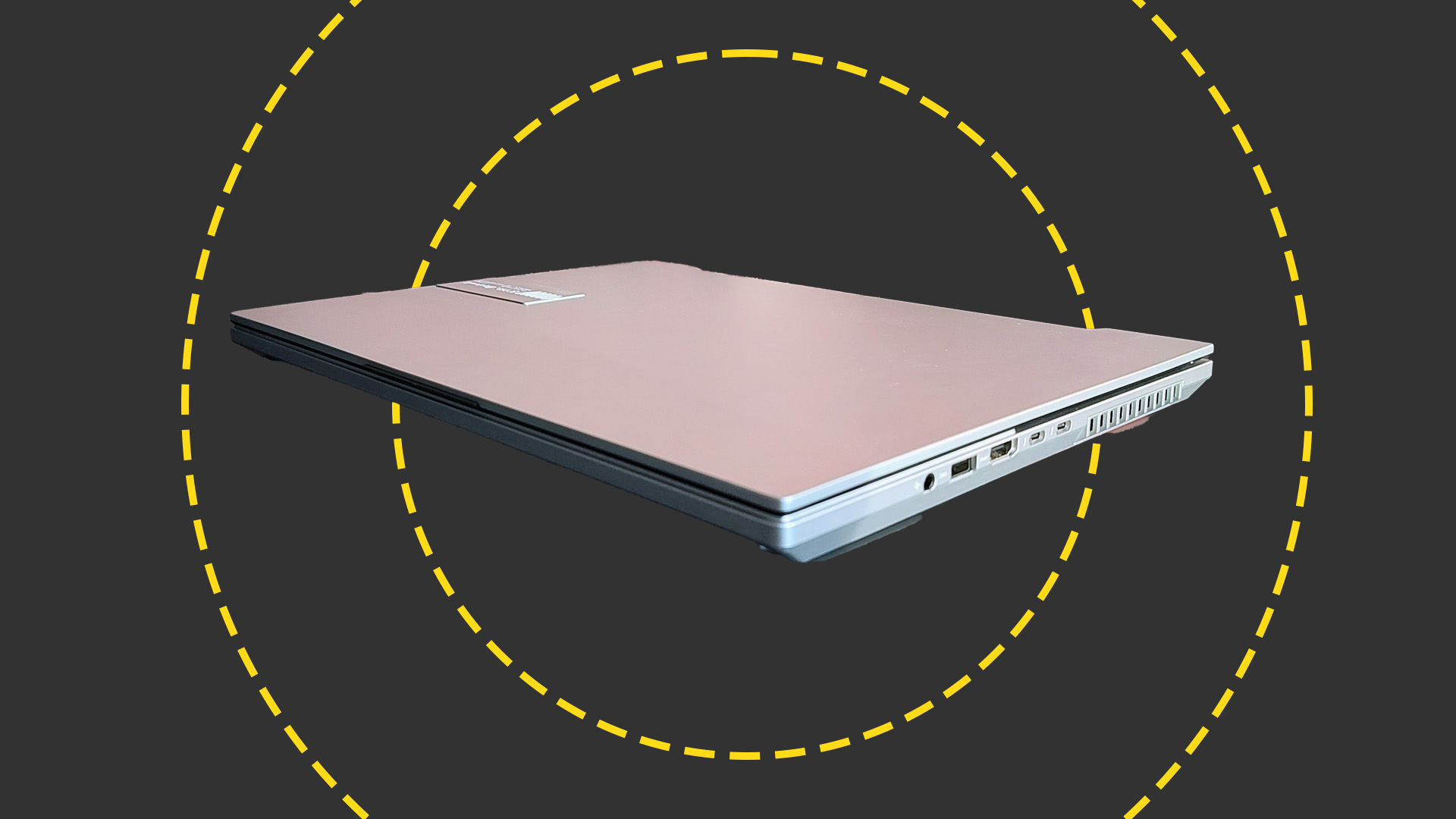 ASUS Vivobook Pro 16X OLED (K6604) 2023 review: An extraordinary omnicompetent laptop
ASUS Vivobook Pro 16X OLED (K6604) 2023 review: An extraordinary omnicompetent laptopReviews If there's a task the new Vivobook Pro 16X can't do well, and quickly, we can't find it – it's a jack-of-all-trades par excellence
By Alun Taylor
-
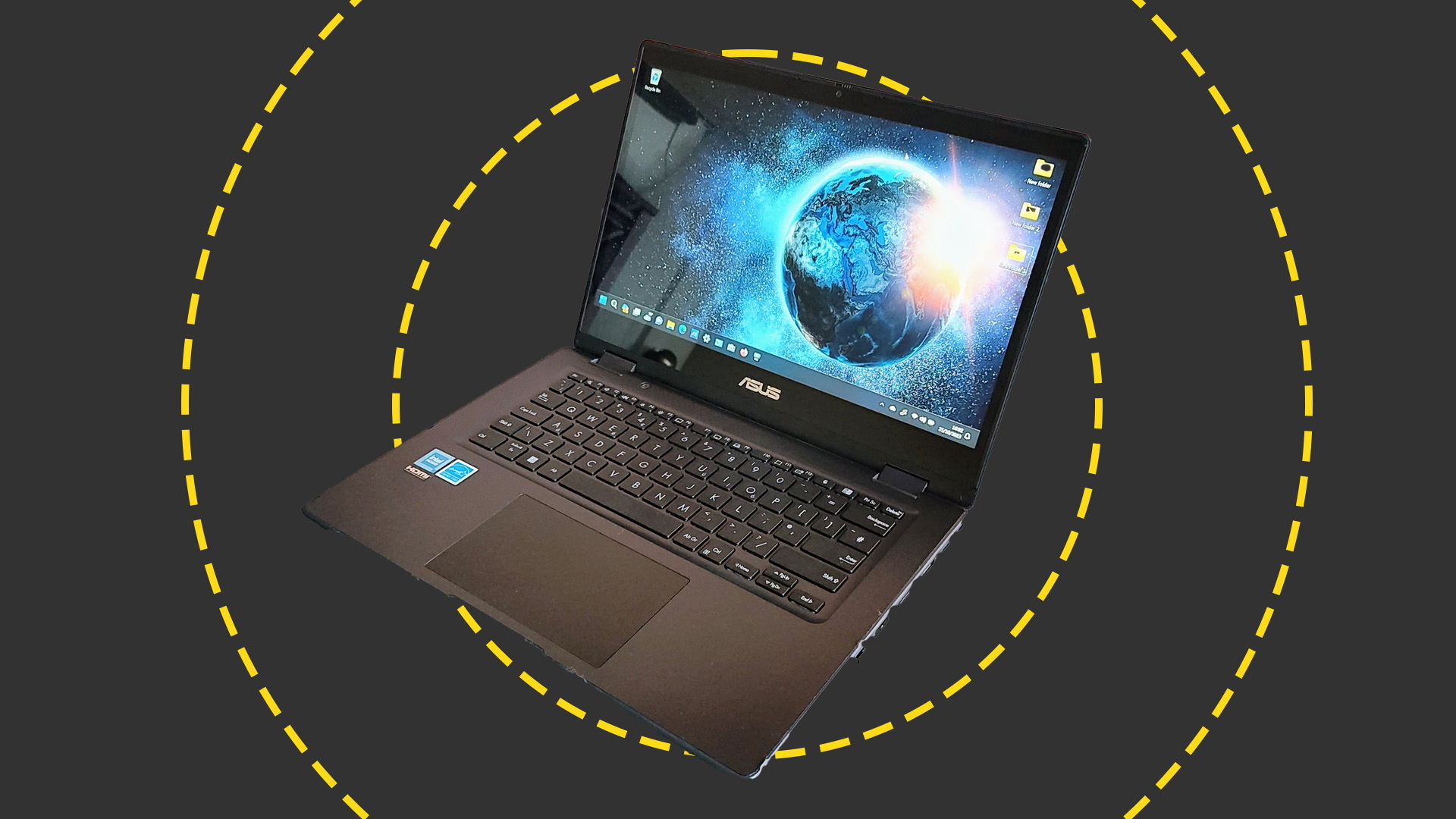 Asus BR1402 review: Rugged modularity for the classroom and workplace
Asus BR1402 review: Rugged modularity for the classroom and workplaceReviews The BR1402 is no powerhouse, but it's versatile, rugged, and crammed with useful features
By Alun Taylor
-
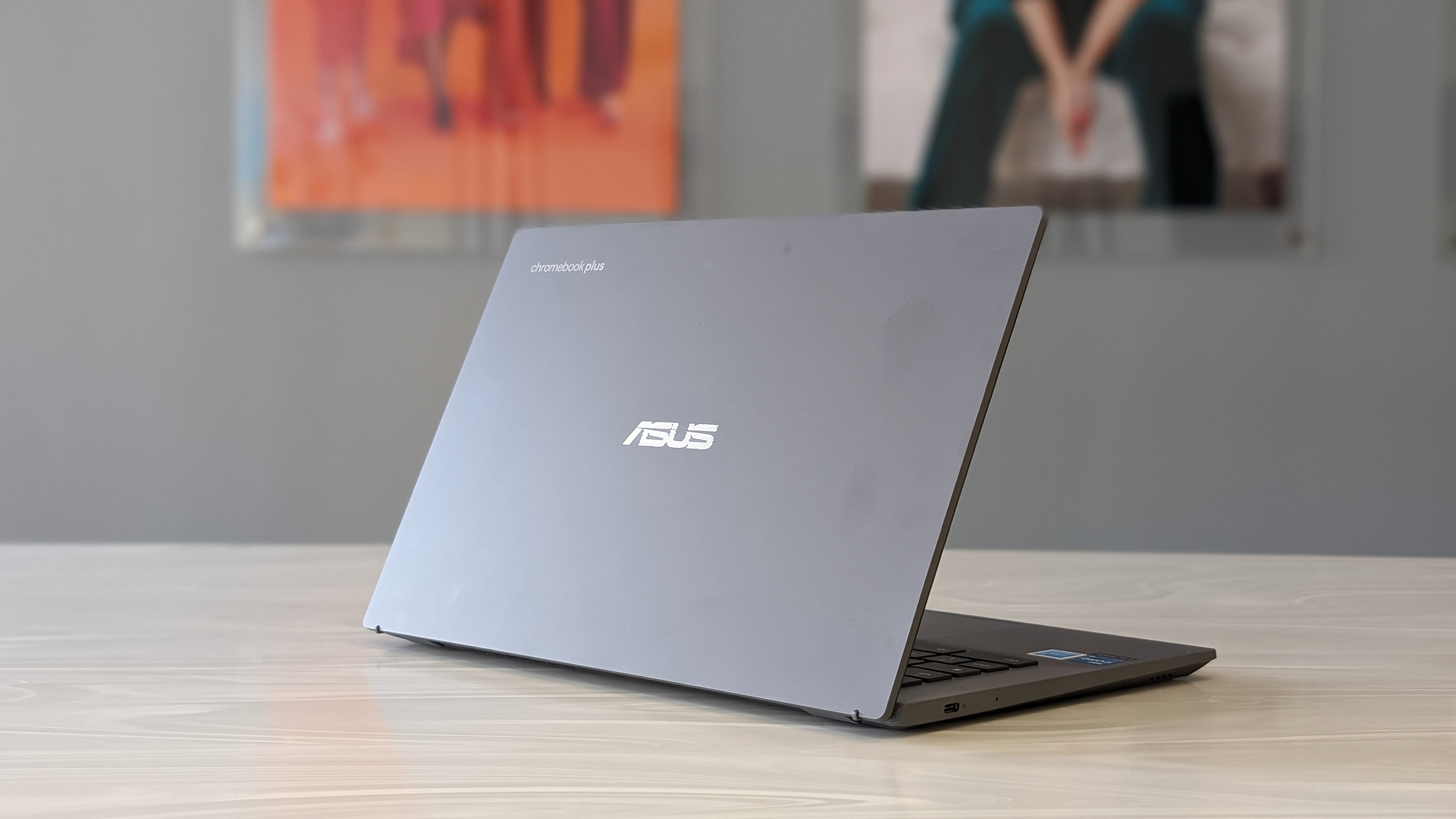 Asus Chromebook Plus CX34 review: i3-powered goodness for students and small businesses
Asus Chromebook Plus CX34 review: i3-powered goodness for students and small businessesReviews The first of a new breed of Chromebook, the CX34 is an affordable workhorse
By Bobby Hellard
-
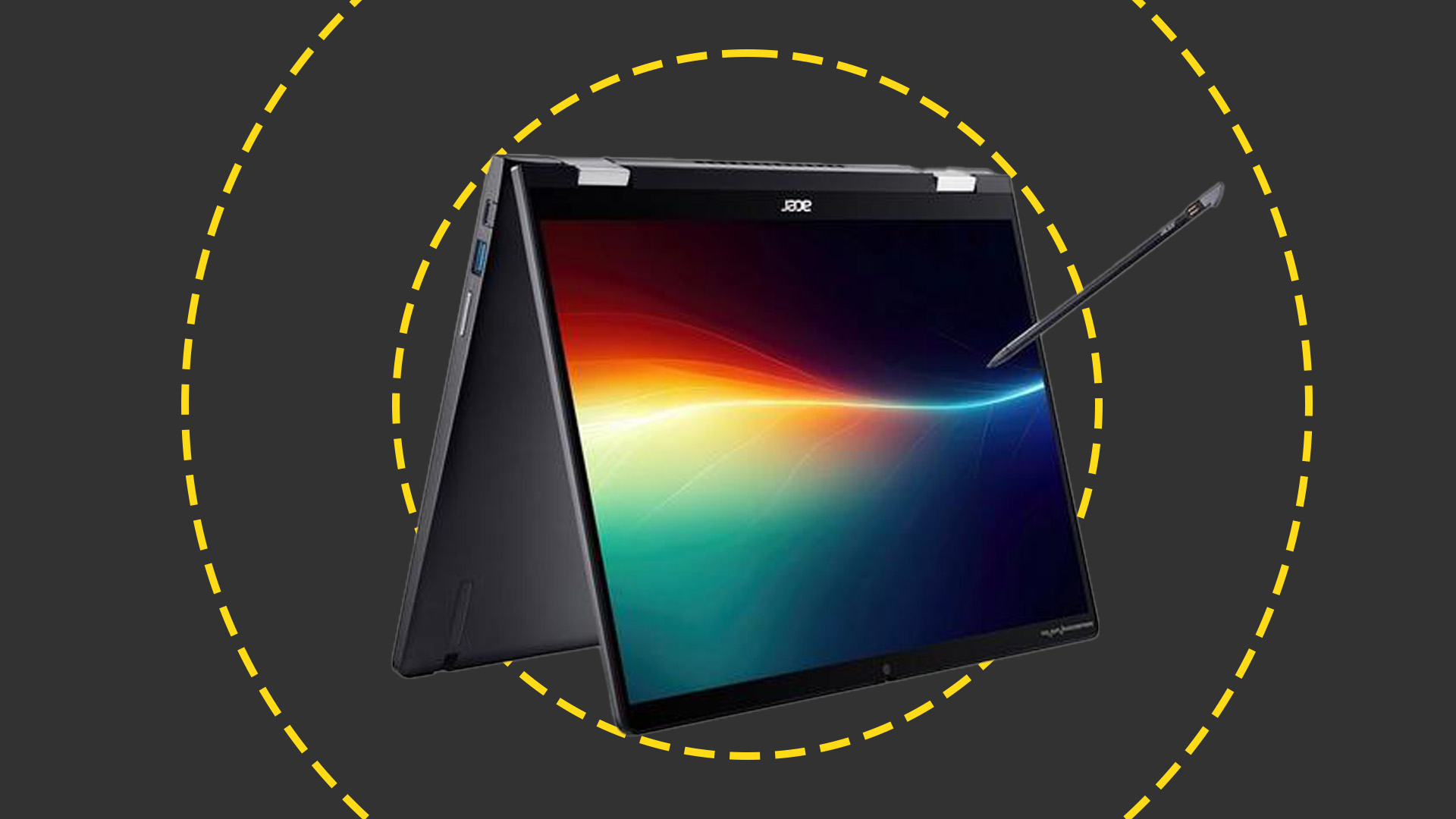 Acer Chromebook Spin 714 review: The best business Chromebook gets a refresh
Acer Chromebook Spin 714 review: The best business Chromebook gets a refreshReviews With a great design, excellent performance and impressive battery life, this is the new business Chromebook to beat
By Stuart Andrews
-
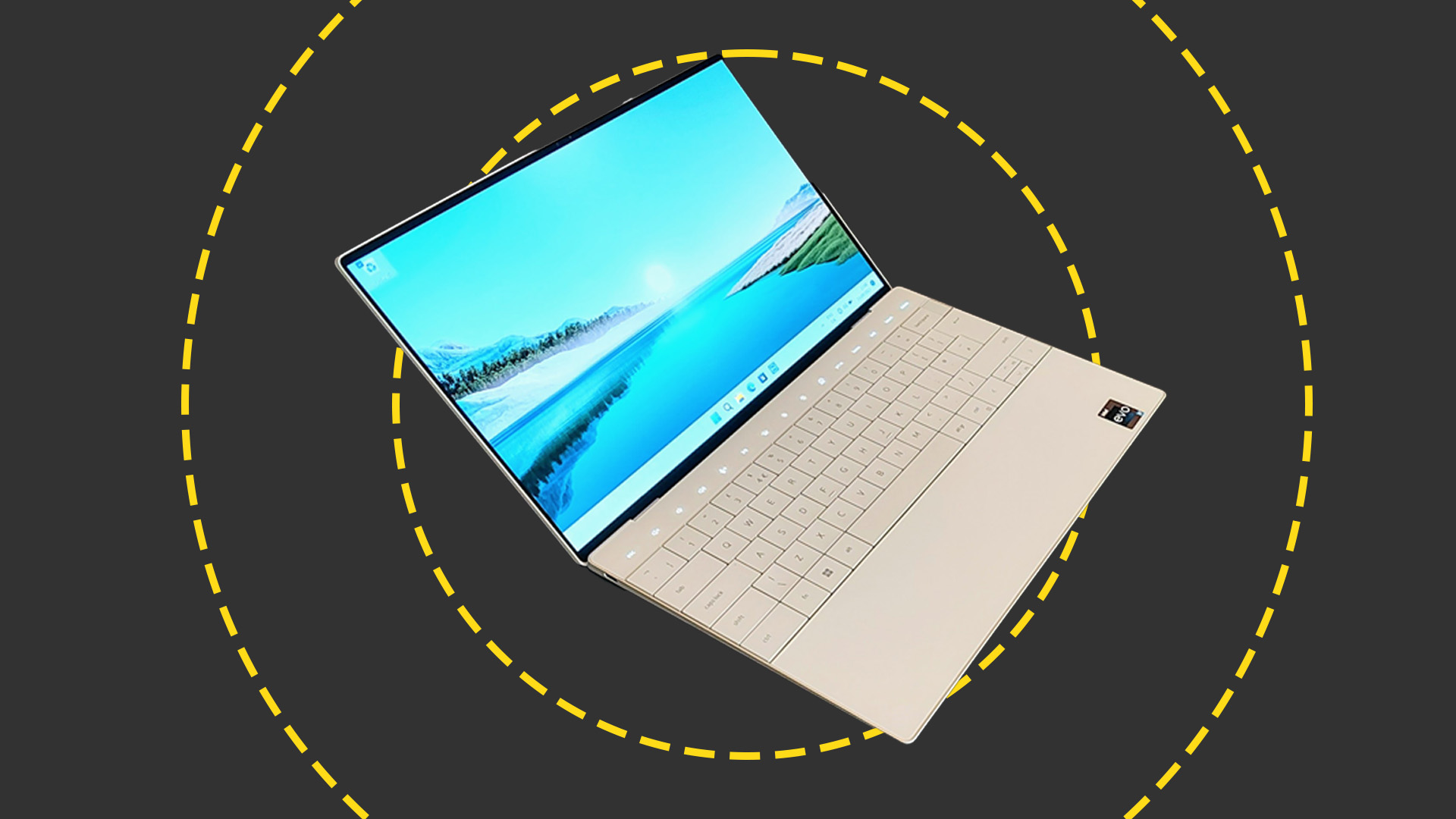 Dell XPS 13 Plus (2023) review: A design classic
Dell XPS 13 Plus (2023) review: A design classicReviews Dell's latest premium compact combines an outstanding OLED display with a unique keyboard design
By Alun Taylor